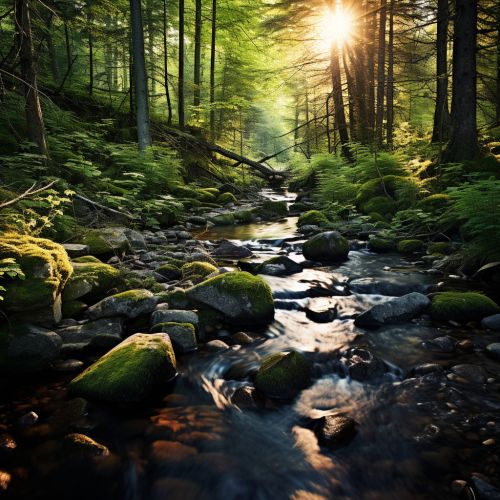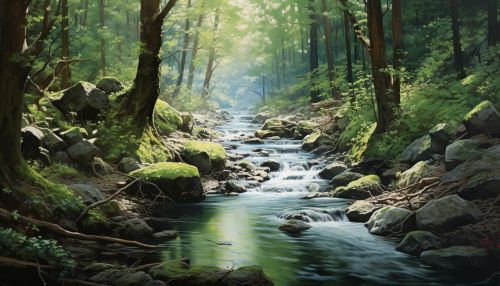Survival skills
Introduction
Survival skills are techniques a person may use in order to sustain life in any type of natural environment or built environment. These techniques are meant to provide basic necessities for human life: water, food, shelter, habitat, the ability to think straight, to signal for help, to navigate safely, to avoid unpleasant interactions with animals and plants, and cure any present injuries. Survival skills are often associated with the need to survive in a disaster situation.
Basic Needs
Survival situations are often solved by finding the solution to basic needs. In order to survive, individuals need to address the following needs:
Water
Water is perhaps the most important element of survival. The human body can survive for more than three weeks without food, but water is a different story. Depending on the conditions, an adult can survive for only about three days without water.


Food
Food is the next priority. Humans can survive without food for quite some time, but eventually the body's reserves are depleted and it requires food intake. Hunting, fishing, and foraging are skills that can help find food in the wilderness.
Shelter
Shelter is a priority in many survival situations. A shelter can protect from the elements, keep body heat in, and provide a psychological boost. There are many types of shelters that can be built, from a simple lean-to, to a more complex structure.
Fire
Fire is a versatile survival tool. It can provide warmth, make food edible, signal for help, and serve as a psychological boost. Knowing how to start and maintain a fire is a crucial survival skill.
Survival Skills
There are a multitude of survival skills, some of which are general skills that are useful in any situation, and others that are specific to certain environments.
General Skills
General survival skills include the ability to make decisions, to stay calm, and to stay focused on survival. These skills are applicable in any survival situation.
Decision Making
Decision making is a critical survival skill. In a survival situation, the decisions a person makes could mean the difference between life and death.
Staying Calm
Staying calm under pressure is a vital survival skill. Panic can lead to poor decision-making, while staying calm allows a person to make rational decisions.
Focus on Survival
Keeping a focus on survival is crucial. This involves constantly assessing the situation, making plans, and taking action to ensure survival.
Specific Skills
Specific survival skills are those that are particularly useful in certain environments. These include skills such as navigating in the wilderness, finding water in the desert, building a snow shelter in the cold, and many more.
Wilderness navigation involves using natural and man-made features to navigate through a wilderness area. This can involve map reading, compass use, and understanding natural navigational aids such as the sun and stars.
Desert Survival
Desert survival skills are specific to surviving in desert conditions. These skills include finding water, staying cool, and navigating in a desert environment.
Cold Weather Survival
Cold weather survival skills involve staying warm, building snow shelters, and preventing frostbite and hypothermia.
